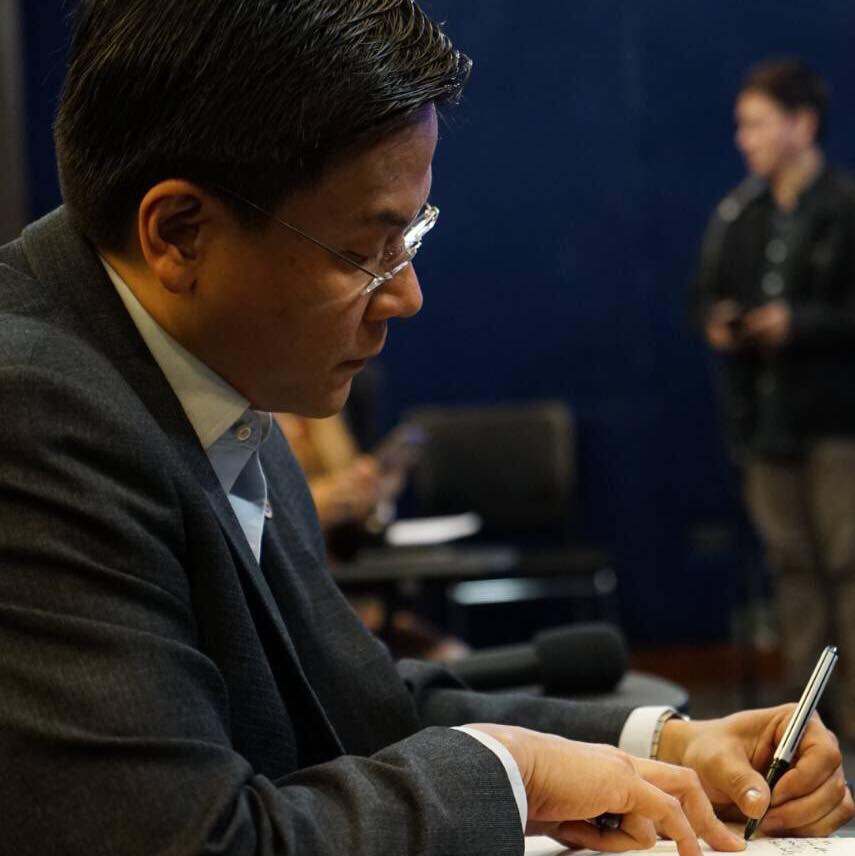Business and Economy
Filipinos benefit P32.5-B per month from TRAIN: DOF exec

FILE: Lambino, citing a survey from the Social Weather Station, said the TRAIN has also lowered the self-poverty rate from 44 to 42 percent and a self-hunger rating from 16 to 10 percent. (Photo: Tony Lambino/Facebook)
MANILA — Filipinos are reaping the benefits, around PHP32.5 billion per month, due to the implementation of the Tax Reform for Acceleration and Inclusion (TRAIN) law, an official of the Department of Finance (DOF) said.
In the Philippine News Agency (PNA) program Pros and Cons, DOF Assistant Secretary Antonio Lambino said a total of “PHP32 billion is in the pockets of citizens per month” due to the tax reform package.
The amount consists of the PHP3.5 billion free education grant for state universities and colleges (SUCs), PHP12 billion for the lower income tax, PHP2 billion for the Unconditional Cash Transfer program, and PHP15 billion in new wages for the construction sector.
The World Bank governance specialist further noted the TRAIN will shore up revenues of up to PHP90 billion for the government until it “reaches a high-income country status”. The tax collection will be allocated to healthcare, infrastructure and education.
Lambino, citing a survey from the Social Weather Station, said the TRAIN has also lowered the self-poverty rate from 44 to 42 percent and a self-hunger rating from 16 to 10 percent.
Implemented on Jan. 1, 2018, the first package of the TRAIN is one of six tax reform packages that is being eyed by the DOF.
Lambino admitted the country needs “a better tax administration” but noted it should be done under a “tax policy reform”, which has already started with the personal income tax in January.
He bared the next tax reform, which will cover business incentives, encourages firms to contribute more to national development.
Lambino said the DOF is planning to decrease the corporate income tax as 99.6 percent of businesses in the country are micro, small and medium enterprises (MSMEs).
“Our corporate income tax rate — which is the highest in ASEAN — needs to be decreased. It hampers growth, despite the high foreign direct investments. MSMEs should benefit in this,” he said.
Lambino urged some businesses, who availed of the 6-13 percent tax break for 20-40 years, to stop availing the incentives and let other companies tap it. The usual business tax is 30 percent.
“Our incentives system is unruly since some companies could avail of them for 20-40 years,” he noted.
However, Lambino, a former International Rice Research Institute (IRRI) communication head, added there are deserving companies to incentivize such as those that invest in jobs in the countryside and those that bring in new technology.





















